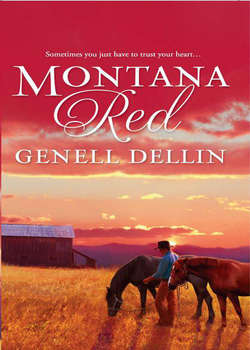Читать книгу Montana Red - Genell Dellin - Страница 7
ОглавлениеDear Reader,
The most emotional environmental issue in America is wild horses. Since the late 1800s the question has been whether to love or hate them, slaughter or protect them, and that’s still true today. When, in researching this book, I found that two of my acquaintances, both lifelong horsemen and ranchers, consider them useless, it shouldn’t have shocked me. The prevailing attitude since the late 1800s has been that letting wild horses graze is a waste of grass that should be used for cattle who feed people.
But wild horses feed our spirits. The sight of a band of wild horses running against a sunset sky with manes and tails flying, or a lone stallion standing on top of a mountain cliff with head up to smell the wind, wary, proud and self-sufficient, stirs the blood. Knowing they survive by growing hard, hard hooves and eating snow for water and instinctively spreading their grazing pressure over what rough terrain they are permitted to keep and by huddling together for warmth and watching for danger together lifts the human heart. Connecting with their primal selves, shaped by the land itself, warms our souls.
The Plains Indians, when they first saw horses, called them “medicine dogs.” This is even more true of wild horses because their very wildness makes them our healers. I hope you find medicine in Montana Red.
All best,
Genell Dellin
IN WILDNESS IS THE PRESERVATION OF
THE WORLD.
—Henry David Thoreau
